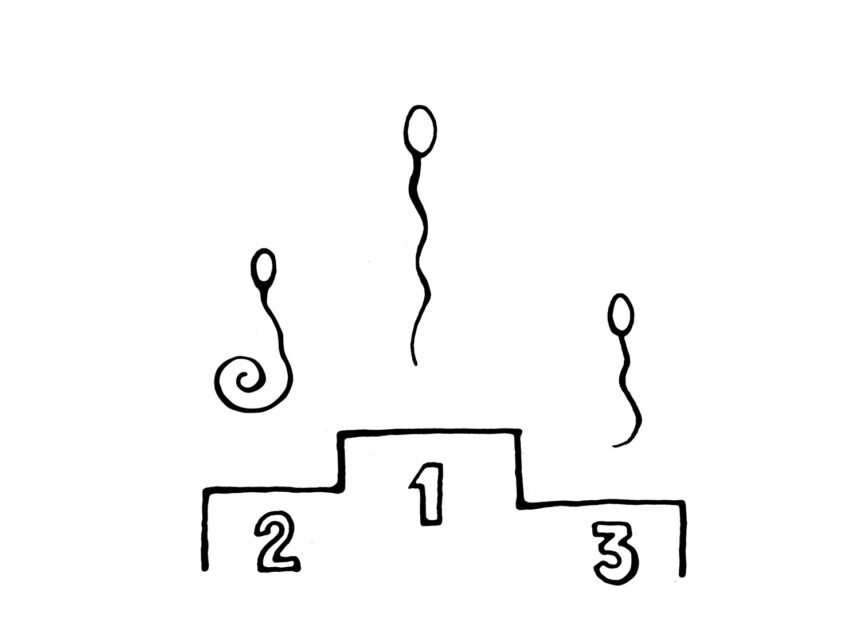
Spain, leading destination for fertility tourism
40% of Europeans who travel abroad to undertake fertility treatment come to Spanish centres, encouraged by the law that permits access to women on their own and assures anonymity to the donor.

Did you know that spain is the leader in assisted reproduction?
We apply more personalised therapies which are less aggressive, designed to protect the patient’s health and wellbeing. Thanks to perfecting the protocols of ovarian stimulation, we can harvest a larger number of mature ovocytes, thus raising the chances of pregnancy.

Our stork travels the whole world
From Australia, South Africa, USA, Norway, Denmark, Iran, Dubai, Germany, Italy, and so on to Marbella, Spain… our patients come from all over the world to fulfill the dream of becoming a parent in the best vacation destination in Europe.

Does the orgasm in a woman increase the chances of getting pregnant?
Researchers at the University of Manchester, UK, have been able to find evidence of the existence of some sperm in the post-coital flow of the woman who had had at least one orgasm. The opposite occurs with the participants who did not reach it.

If a woman has several spontaneous abortions, that can also be infertility
Infertility is a term that doctors use when a woman has been able to get pregnant, but that pregnancy has not come to term. If a woman has several spontaneous abortions, that can also be infertility. Female infertility can be caused by physical, hormonal, lifestyle or environmental factors.

Sexual arousal influences the quality of semen
In men, the more ejaculations, the better the quality of semen. It is a good stimulus for the formation of sperm in the testicles or “spermatogenesis”.

Tobacco affects more male fertility than was believed
The effects of tobacco would be more detrimental to the male fertility than of women, as published in two recent studies in the journal Reproductive Biomedicine Online

Egg donation, an assisted reproduction technique well worth considering
Many couples experience difficulty in conceiving due to several factors, the main one being lifestyle changes. Motherhood has been delayed because the necessary incorporation of women in the workforce to obtain professional and economic stability and because of this, the average age nowadays for first time mothers is 35 – the age at which there are higher risks of infertility.

Fertility. The consequences of delaying #motherhood
The average age at which women today have their first child is around 32, but many delays that moment even more. Medicine allows us to face our biological clock, but what are the consequences? Is it harder today than before to have children?

Fertility. Myths and realities about what facilitates a pregnancy
* There are many false beliefs about what makes or hinders pregnancy. Therefore, it is necessary to dismantle myths and solve the main pre-existing doubts that couples have while looking for pregnancy.



